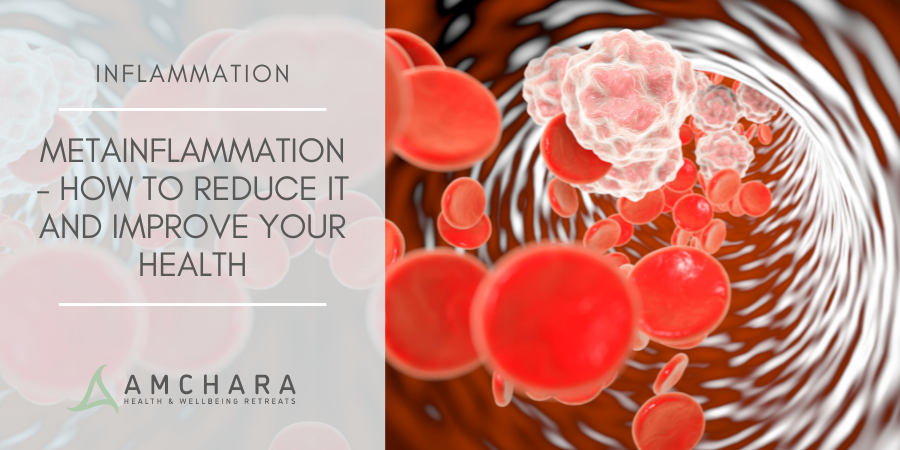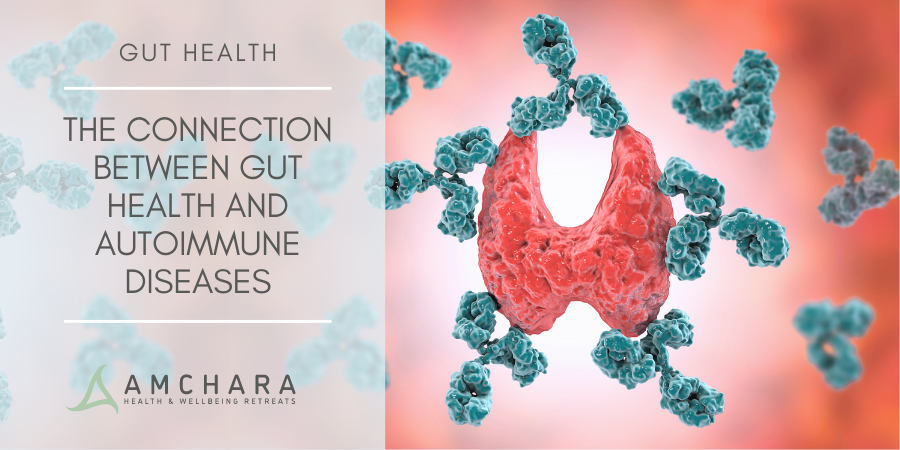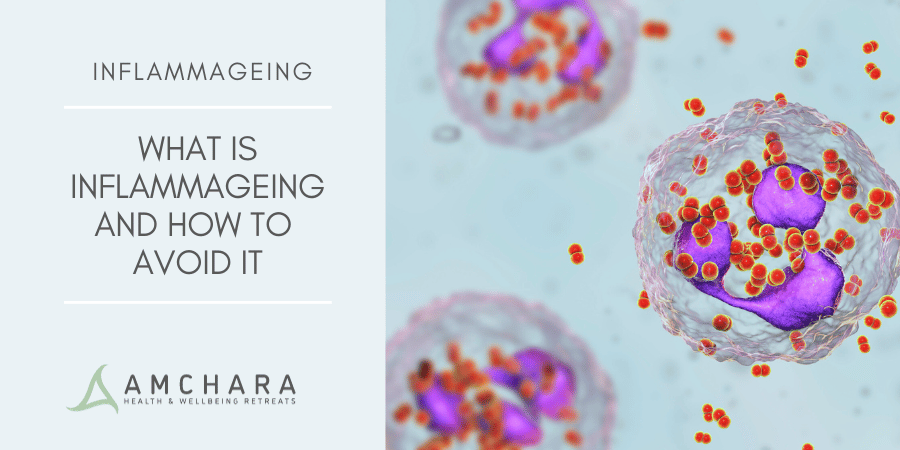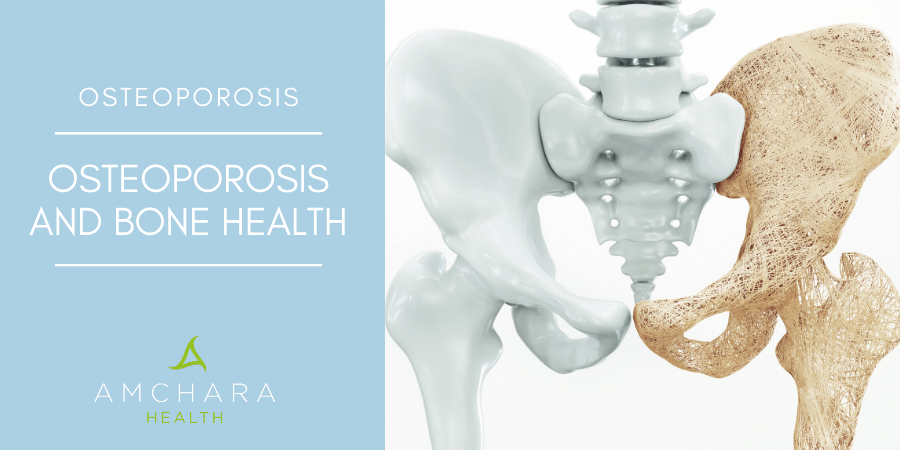Topics Covered in this article:
There are a number of interventions available to support depression, including antidepressant medications and talking therapies.
Research evidence also confirms that regular exercise can help improve symptoms of depression.
In the modern internet world there is an overwhelming amount of information and it can be hard for you to find health advice that you can trust, particularly as the main media channels are typically dominated with a single, orthodox narrative.
We always take an evidence-based approach and aim to provide you with actionable knowledge and tips to help you on your journey to optimal health.
In this article, we examine the symptoms of depression, treatments available, the side-effects of antidepressant medications and the potential benefits of exercise.
If you’re in the depths of depression, medication may seem like the only option to help you get through each day and studies show that it can be very effective.
But prescription drugs are not always suitable for everyone and antidepressant medications can produce unpleasant side effects, which can be almost as difficult to cope with as the depression itself.
Typical symptoms experienced include:
- Headaches
- Dry mouth
- Fatigue
- Low sex drive
- Erectile dysfunction
- Drowsiness
- Weight gain
- Anxiety
- Diarrhoea or constipation
An often-heard complaint about antidepressant drugs is having a constant foggy head.
Many people report brain fog and additionally emotions and feelings can be subdued or numbed.
Alcohol consumption may also be a factor as it can worsen depression and increase some of the side-effects of antidepressant medication. (10)
The NHS recommends that you continue treatment even if you are experiencing unpleasant side effects, because it may take several weeks to feel the benefits. (2) (3)
Whilst not everybody experiences extreme negative effects of antidepressant drugs, it is hardly surprising that people living with depression are looking for alternative solutions.
The symptoms of depression
Depression is experienced by over 100 million people worldwide, some struggle more than others and it can lead to negative impacts on physical health. (1)
There are many signs and symptoms, which vary greatly between individuals.
Typical examples can include:
- Constant low mood
- Hopelessness
- Frustration with self
- Feeling guilty
- Feeling empty
- Feeling numb
- No pleasure in doing things you might normally enjoy
- Unable to socialise
- Low self-esteem/confidence
- Constantly tearful
- Low sex drive
- Difficulty sleeping
- Overeating
- Feeling restless
- Feeling agitated
- Unable to think or speak clearly
- Smoking more
- Excessive alcohol intake
- Increasing drug usage
- Sleeping a lot
- Lethargy
- No appetite
- Poor concentration
Treatment options for depression
Depression is commonly treated with antidepressants, but compliance is low, with a high percentage of patients stopping taking them within 3 weeks of the drug being prescribed (1).
There are a broad range of reasons behind non-adherence to antidepressants. (4)
Research has identified the following:
- Concerns about side effects
- A belief that the medications will not make a difference to personal problems
- Lack of sufficient patient education
- Poor follow-up
- Forgetting to take them
- The high cost of prescriptions
- Dosage schedule too complicated to follow
Although there are some very effective medications available, non-adherence is an issue that is not being tackled and often those with depression are inadequately treated.
A GP might recommend antidepressants, but it is also possible to be referred for talking therapies such as cognitive behavioural therapy (CBT), which is available on the NHS.
Research has shown that psychological therapies can be effective in treating depression, but these are not always automatically recommended by GPs and there is often a long waiting list.
Results from surveys suggest that 1 in 10 people suffering from mental health issues had been waiting over 2 years to receive counselling treatment. (5)
This can have a significant effect on a person’s life. Having to wait so long can exacerbate mental distress and may lead to job loss, isolation and relationship break down.
Until there are improvements in psychological therapy provision, exploring other types of support may be the only option.
Exercise is one of the guidelines suggested by the NHS as a different treatment choice that could help to improve someone’s quality of life. (6)
How exercise can help
The beneficial effects of exercise on depression has been the subject of research for several decades, and the literature on this subject continues to grow.
It seems there are a number of plausible mechanisms for how exercise may improve depression.
- Physical activity has uplifting physiological effects on mechanisms in the brain that regulate mood.
- Exercise in the modern world is considered virtuous and admired by others, so a depressed person who exercises regularly could benefit from positive feedback, which may increase self-worth.
- Exercise can be an effective distraction from negative thoughts.
- Social contact with others in a group exercise setting may be an additional benefit.
Research evidence
Research suggests that exercise raises endorphin levels and stimulates the neurotransmitter norepinephrine.
Both substances are linked to mood and feelings of wellbeing.
However, it seems that the release of these ‘feel good’ hormones is very much dependent on the intensity of the exercise.
According to a study published recently in the Journal of Neuropsychopharmacology, adults who took part in one hour of high-intensity interval training (HIIT) experienced a more significant rise in endorphin levels than those who took part in an hour of moderate exercise. (7)
It has also been found that the mental health benefits of exercise are even greater when physical activity is supervised by exercise professionals.
Data from long term studies reinforces the claim that exercise has antidepressant effects.
This was demonstrated by a large population-based sample from the Netherlands which gathered evidence between 1991-2002.
During this time adolescent and adult twins and their families took part in a study on lifestyle and health, which involved assessments on exercise participation, anxiety, depression and personality.
Results from their self-reported questionnaires identified that regardless of gender or age, individuals who participated in regular exercise were more extrovert, less anxious, less neurotic and less depressed than those that didn’t exercise at all.
To date, there is clear evidence from a wide body of research strongly supporting the assertion that exercise has a large and significant antidepressant effect on individuals suffering from depression. (8) (9)
Based on this it is reasonable to conclude that exercise should be recommended in combination with other treatments as an appropriate therapy for someone suffering from depression.
Have you struggled with depression?
Did you find that exercise made a difference?
Your story might encourage others to participate in physical activity and reap the benefits.
We’d love to hear about it, why not leave a comment below?
Jacqueline Newson BSc (Hons) Nutritional Therapy
READ THIS NEXT:
- Blog Post: Exercise and Hormone Balance
- Blog Post: Lifestyle changes that reduce the risks of dementia
- Blog Post: The Incredible Anti-Depressant Effects of Yoga
- Blog Post: Vitamin C and the Brain Connection





